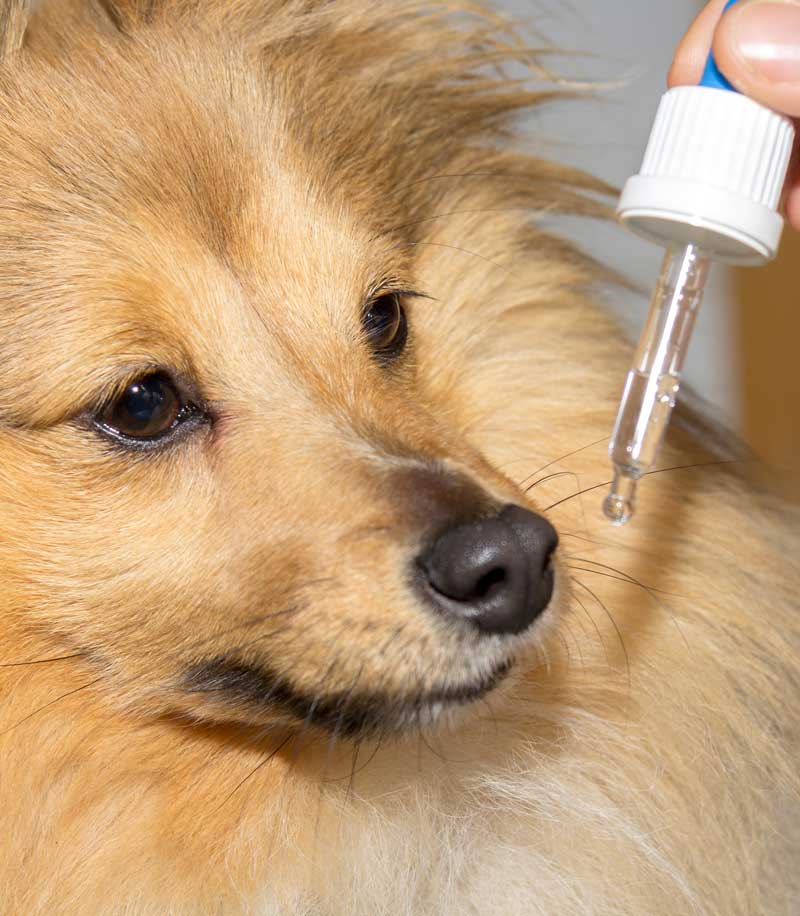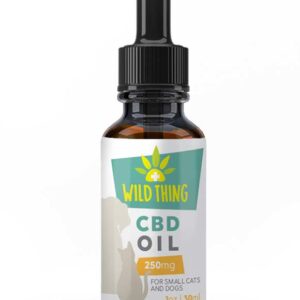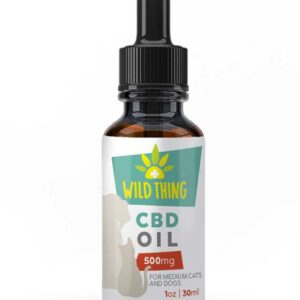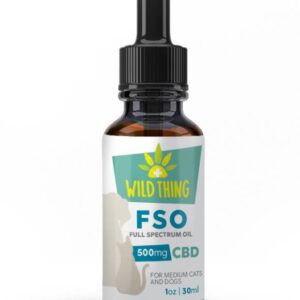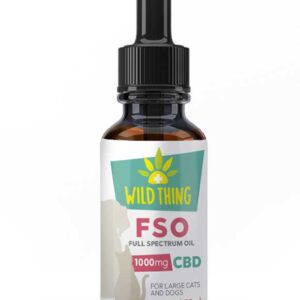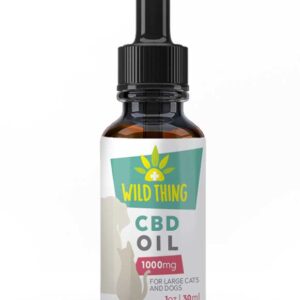Canine Parvovirus (CPV) is one of the reasons you are supposed to keep your puppy away from other dogs until they are completely vaccinated.
It is an extremely contagious virus that can affect all dog, but mainly those under four months old that have not had all their shots are the most at risk. Often referred to as simply “Parvo” by dog owners, it’s a virus that attacks a dogs gastrointestinal tract and is spread through contact with contaminated feces or environments. The virus can pretty much contaminate any surface and is resistant to heat, cold and humidity.
Ailment Guides:
Bronchitis In Dogs
Cherry Eye In Dogs
Coughing In Cats
CPV In Dogs
Signs Of Canine Parvovirus
It is common for dogs to become dehydrated from CPV because the virus can affect the body’s ability to absorb nutrients. Also keep an eye out for redness and irritation of the wet tissue around the mouth and eyes.
Death from Parvovirus can occur within 48-72 hours from the onset of clinical signs, so it’s important you act quickly if you suspect your dog has Parvo. Signs to looks for include:
- Lethargy
- Loss of appetite
- Abdominal pain
- Bloating
- Fever
- Low body temperature
- Vomiting
- Diarrhea (sometime bloody)
If you dog is showing any of these signs or a combination of you should contact your veterinarian immediately.
Prevention Of CPV:
Since Canine Parvovirus is a viral infection, there really is no cure for it. As mentioned earlier, owners should avoid bringing their puppies to public dog spaces until they have had all their shots. Vaccination is the best way to prevent your dog from catching the virus. As your dog gets older make sure you are staying up-to-date with their shots and be sure to ask your veterinarian if you have any questions or concerns.
Try to avoid letting your dog come into contact with other dogs fecal matter when playing outdoors or going on walks. It’s easier said than done, however, it’s one of the best ways to possible infection. In some rare cases, dog that have been vaccinated do not build up the proper protective immunity to the Parvovirus and are still susceptible to infection. You can never be too safe.
If your dog is showing signs of having the virus, you should see your veterinarian immediately. You should also avoid dog parks and kennels or any space they may come into contact with other dogs and spread the virus.
Why CBD Can Be An Effective Preventative For Canine Parvovirus
CBD – or Cannabidiol – can help support your dog’s immune system, and help to fight infections.
Cannabidiol (CBD) can be very beneficial for maintaining your dog’s immune system, cardiovascular system and overall vitality. CBD helps to lessen the effects of lethargy, gastrointestinal issues and reduces anxiety, aggression and stress-related disorders.
Think of CBD as a supplement that can reduce the severity and frequency of some symptoms of CPV. On the other hand, it is not specifically formulated to combat the disease. Nonetheless, CBD acts as an immunity support, pain & inflammation remedy, and helps to prevent infections or tumors that might contribute to CPV.
Cannabidiol is a phytocannabinoid that has been shown to have a prominent effect on numerous ailments – including epilepsy, arthritis and cancer. Remedies containing CBD achieve this by interacting with your pet’s endocannabinoid system. Almost all animals, like people, have an endocannabinoid system; this network of neurotransmitters is integral to physiological processes like memory, mood, pain, stress and appetite.
This complex biosystem is very prevalent in dogs in comparison to other species. Canines have a high concentration of CB1 & CB2 receptors in their brainstem. CB1 receptors affect the brain, lungs, vascular system and muscles, gastrointestinal function; whereas, CB2 receptors are linked to bones, skin spleen and glial cells. In combination, CB1-CB2 collaborate in influencing the overall immune system, liver, kidneys, bone marrow, pancreas and brainstem.
CBD can help your dog by producing anti-inflammatory, anti-anxiety, antipsychotic, antispasmodic and analgesic effects indirectly – that is, CBD interacts with your dog’s ECS (Endocannabinoid System) opposite to THC which directly binds to the Cannabinoid Receptors of the body. This does two things: makes the positive remedial properties more bioavailable to your dog; and lessens or negates the psychoactive effects, such as those associated with THC ingestion.
As you can see by the scope of ailments that are affected by CBD, it is clear how introducing CBD into your dog’s routine can benefit their overall health.
Ailment Guides:
How To Calm Hyperactivity In Dogs
Heart Disease In Dogs
Hip Dysplasia In Dogs


